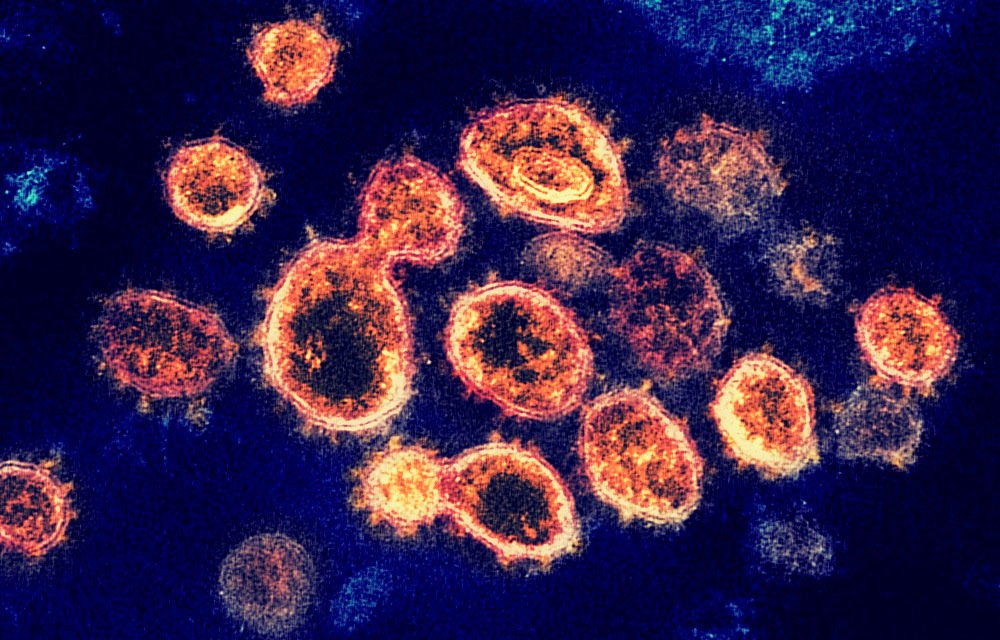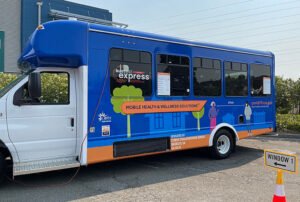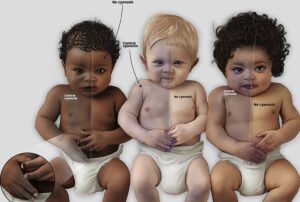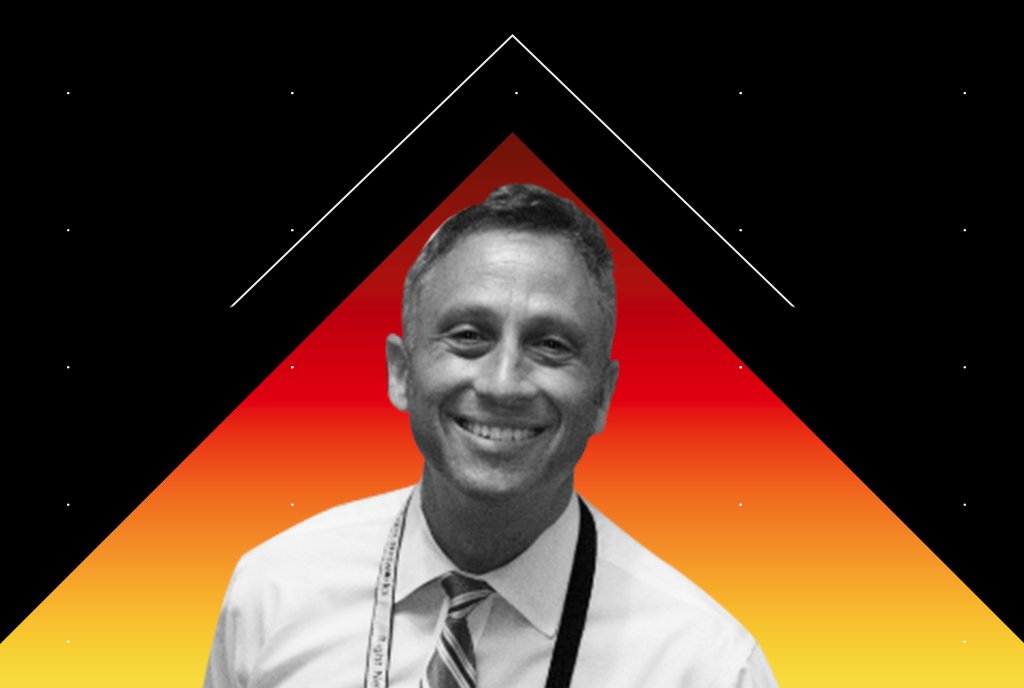
October 7, 2020; New York Times
“I think this was a blessing from God that I caught it, this was a blessing in disguise,” President Donald Trump said during a recent Twitter video post where he claimed the experimental antibody cocktail from drug-maker Regeneron had “cured” him of COVID-19. Trump is one of fewer than 10 patients to whom Regeneron and the US Food & Drug Administration (FDA) have granted “compassionate use,” which allows access to the drugs while they are still being tested for efficacy and safety.
The above statement comes off as shockingly insensitive to those whose loved ones have been told by their hospital to “only come back when they could not breathe,” or don’t have access to world-class medical resources or Marine One.
Given the reality of a US president’s role, there will never be a cost spared for their safety or security. Yet making statements such as “Don’t be afraid of COVID. Don’t let it dominate your life,” fails to acknowledge the over 211,000 lives lost in the US to date to the pandemic.
Trump benefitted in his care greatly from his position, but he’s not the only one to benefit. Many politicians who attended the White House’s Rose Garden superspreader event have been able to easily access preventative wellness checks, readily available COVID-19 tests, with the ability to quarantine without fears over job security, childcare, or financial strain. These actions might seem less galling if the beneficiaries weren’t accessing health care that they would deny others.
Nearly one in three Americans say they limit their use of medical care because of costs. US Senator Ed Markey (D-MA) used this moment to argue for universal healthcare: “Over 200,000 Americans have died from COVID-19. Many were turned away from hospitals and told only to come back when they could not breathe. Now politicians are checking into hospitals as a ‘precaution.’ Health care should be a right, not a privilege. We need Medicare for All.”
Many celebrities, high-profile figures, and athletes are accorded similar access. Stories like that of Tom Hanks and Rita Wilson, or the protective protocols within the National Basketball Association “bubble” highlight how financial stability, and social standing, may equate to less turbulent or deadly experiences with COVID-19.
Sign up for our free newsletters
Subscribe to NPQ's newsletters to have our top stories delivered directly to your inbox.
By signing up, you agree to our privacy policy and terms of use, and to receive messages from NPQ and our partners.
Within the general population, Black, Latinx, and indigenous communities have been disproportionately affected by COVID-19. Recent Centers for Disease Control and Prevention (CDC) data highlight the death rates of Black, indigenous, and Latinx are higher in all age ranges. When comparing deaths among Black and Latinx communities aged 45–54 to those of white members, communities of color experience death rates at least six times higher and provides yet more evidence, if evidence was needed, of why racism is a public health menace.
Ashley McMullen, assistant professor of internal medicine at the University of California, San Francisco, observes that health care disparities have often been shielded from critical analysis “because the narrative is that we’re all heroes. We don’t actually address that the structure being perpetuated in health care is the same dynamic that’s playing out in the criminal justice system.”
These longstanding realities severely compound the present situation with COVID-19, especially when a higher proportion of essential frontline workers across fields are people of color.
This dynamic is now playing out among the White House residence staff. The president and his wife often interact with dozens of these staff members—valets, florists, ushers, cooks, butlers—many now currently very worried for their lives and livelihoods. Former residence staff members are concerned for current personnel in the White House, because many have to work a certain number of years to receive their pension, which could be at risk if one speaks up about their unsafe conditions.
“There are people behind the people,” Deesha Dyer, the White House social secretary under Barack Obama, tells the Atlantic, “They don’t have the privilege of being Marine One–ed to Walter Reed (if they get sick).” Even members of the Secret Service and Pentagon leadership have had to isolate after contracting, or being exposed to someone who has the virus,
The lack of concern for personnel at the White House reflects a broader lack of concern among many in power for the US public as a whole. Former White House executive pastry Bill Yosses remarks that he finds it “disturbing [that] people are being put at risk who really don’t have a choice. They have families, they have mortgages. They have kids in school. I would hope that every effort is being made to protect their health, their families’ health.”—Chris Cannito















